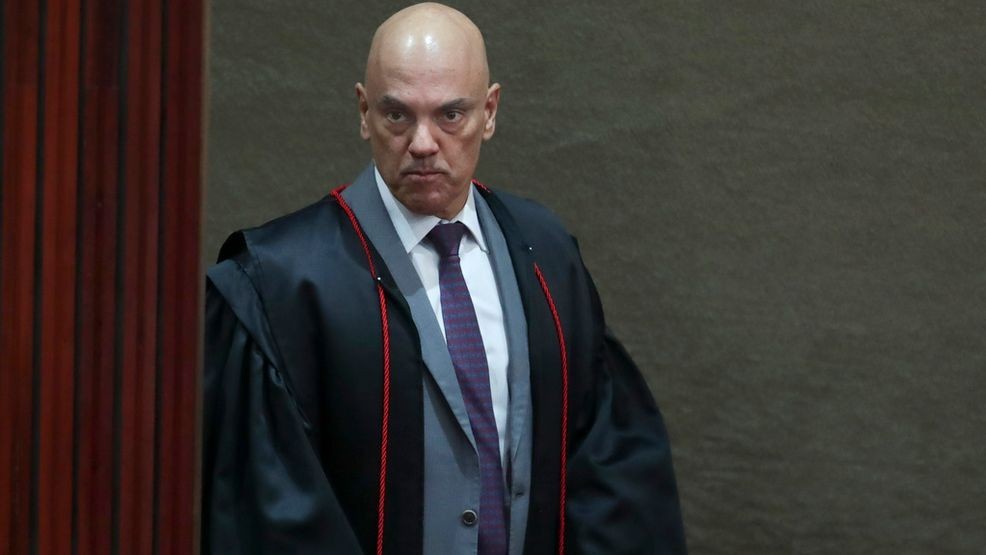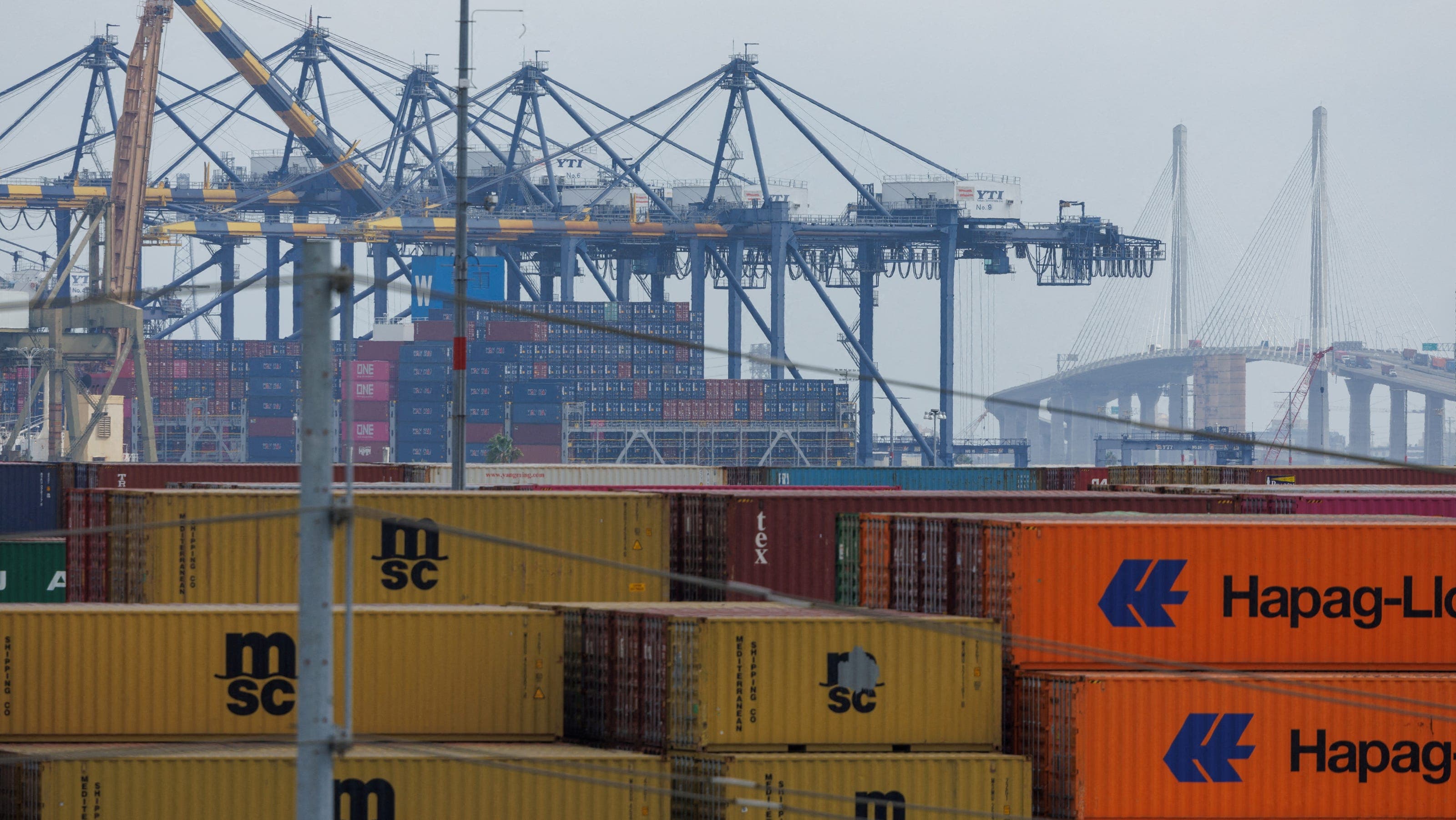U.S. Sanctions Brazil"s Supreme Court Justice, Hits Trade with 40% Tariff Spike
In a significant escalation of diplomatic tensions, the U.S. Treasury Department announced on Wednesday sanctions against Brazilian Supreme Federal Court Justice Alexandre de Moraes. This decision, justified under the Global Magnitsky Human Rights Accountability Act, stems from allegations that Moraes has suppressed freedom of expression in Brazil, particularly amid the ongoing trial of former President Jair Bolsonaro. Concurrently, the Trump administration implemented a staggering 40% tariff on Brazilian imports, raising the total tariff to 50%, effective August 1.
Background & Context
The sanctions against Justice de Moraes come at a time when Brazil is grappling with profound political divisions. Moraes has been a pivotal figure in judicial proceedings related to Bolsonaro, who was ousted in a contentious election last year. The former president faces multiple legal challenges, and Moraes has presided over critical rulings that some critics argue infringe upon civil liberties and free speech. The U.S. government"s actions suggest a growing concern regarding the erosion of democratic norms in Brazil, echoing similar sentiments expressed in international forums.
The Global Magnitsky Act allows the U.S. to impose sanctions on foreign officials implicated in human rights abuses, a move that underscores America"s commitment to promoting democratic values globally. By targeting a high-ranking judicial official in Brazil, Washington is sending a clear message about its stance on human rights and governance in the region.
Key Developments
The Treasury"s announcement detailed specific allegations against Moraes, asserting that his judicial actions have contributed to a climate of fear and repression in Brazil. The sanctions not only freeze any U.S. assets held by Moraes but also prohibit American entities from engaging in transactions with him. This legal and economic pressure adds a new layer of complexity to U.S.-Brazil relations, which have already been strained by Bolsonaro"s controversial policies and rhetoric during his presidency.
In tandem with the sanctions, President Trump’s executive order imposing a 40% tariff on Brazilian goods marks a significant shift in trade policy. This tariff increase, which raises the overall tariff on Brazilian imports to 50%, is expected to have far-reaching implications for both economies. The move has provoked immediate backlash from Brazilian officials, who are expressing concerns about the potential economic fallout and retaliatory measures.
\n\n
Image for U.S. Sanctions Brazil"s Supreme Court Justice, Hits Trade with 40% Tariff Spike
Broader Impact
Experts are weighing in on the ramifications of these developments. The sanctions against Moraes could potentially embolden Bolsonaro"s supporters, who may view the U.S. actions as an endorsement of their grievances against the current Brazilian government led by President Luiz Inácio Lula da Silva. Conversely, they could also galvanize opposition to Bolsonaro, as advocates for democracy in Brazil may use the U.S. stance to rally support against perceived authoritarianism.
Economically, the new tariffs are likely to disrupt trade patterns. Brazil is one of the largest exporters of agricultural products to the U.S., and a significant tariff increase could have detrimental effects on the agricultural sector. Analysts predict that this could lead to higher prices for consumers in the U.S. and reduced income for Brazilian farmers, creating a ripple effect throughout both economies.
What"s Next
Looking ahead, the situation remains fluid. Brazilian officials have signaled their intent to respond to the tariffs and sanctions, potentially through diplomatic channels or retaliatory tariffs. As Brazil navigates this new reality, the international community will be watching closely to see how both nations adjust their strategies in the wake of these sanctions and economic pressures.
Furthermore, the ongoing trial of Bolsonaro and the broader implications for Brazil"s political landscape will continue to unfold, potentially impacting future U.S.-Brazil relations. As previously reported, similar situations in other regions have shown how international sanctions can reshape political dynamics and influence governance. The coming months may prove pivotal for both Brazil and the United States as they attempt to reconcile their differing visions of democracy and trade.

Image for U.S. Sanctions Brazil"s Supreme Court Justice, Hits Trade with 40% Tariff Spike


![[Video] Heavy clashes and gunfire reported in Baghdad, Iraq](/_next/image?url=%2Fapi%2Fimage%2Fthumbnails%2Fthumbnail-1768342239932-848qsh-thumbnail.jpg&w=3840&q=75)




![[Video] Gunfire between Iraqi security forces and Sadr militias in Baghdad](/_next/image?url=%2Fapi%2Fimage%2Fthumbnails%2Fthumbnail-1768343508874-4redb-thumbnail.jpg&w=3840&q=75)
